Code
HCS24489
Weight
9 Kg / 19.84 lbs
Size
Height
50cm (20") Width
36cm (14") Depth
18cm (7") Material
Poplar Wooden
Availability
Ready in 2-3 Week
Date Added
2021-10-25 00:29:54
Note : We used to sell this product 4 years ago so it may no longer be in our stock.
It is possible that we still have it with our suppliers but the price could be different from before.
Feel free to order. We will verify availability and inform you promptly.
It is possible that we still have it with our suppliers but the price could be different from before.
Feel free to order. We will verify availability and inform you promptly.

Safe Payment
We accept Paypal, Money Transfer, Bank Transfer
Confidence
Protection covers your purchase and personal data.
Worldwide Delivery
We ship Worldwide, except Russia.Shipping cost US$25.2 for upto 0.5 kgs

Hotline
Talk to help line for your question on 9841267335Product Weight: 3 kgs
Shipping Weight : 9kg
Shipping Weight : 9kg
About Wooden Mask
this Poplar Wood Black Malakala Wooden Mask [fine Quality], [traditional Color Finishing], Actual Weight : 3kg, Poplar Wood mask is Nepali handmade mask and we are Introducing our exquisite collection of Nepali handmade hand-carved wooden Buddhist masks and wall hangings, meticulously crafted by skilled artisans. Each piece in this collection reflects the rich cultural heritage and spiritual significance of Nepal. These masks and wall hangings are not just decorative pieces but hold deep symbolic meaning, making them perfect for adding an authentic touch to your living spaces or meditation rooms. Read More . . .
this Poplar Wood Black Malakala Wooden Mask [fine Quality], [traditional Color Finishing], Actual Weight : 3kg, Poplar Wood mask is Nepali handmade mask and we are Introducing our exquisite collection of Nepali handmade hand-carved wooden Buddhist masks and wall hangings, meticulously crafted by skilled artisans. Each piece in this collection reflects the rich cultural heritage and spiritual significance of Nepal. These masks and wall hangings are not just decorative pieces but hold deep symbolic meaning, making them perfect for adding an authentic touch to your living spaces or meditation rooms. Read More . . .
About Color Finishing
The Poplar Wood Black Malakala Wooden Mask [fine Quality], [traditional Color Finishing], Actual Weight : 3kg, Poplar Wood is adorned with traditional colors, creating a captivating aesthetic through a combination of gold and various hues. This painting technique follows a time-honored process that aims to faithfully represent the Poplar Wood Black Malakala Wooden Mask [fine Quality], [traditional Color Finishing], Actual Weight : 3kg, Poplar Wood in accordance with traditional color descriptions. In the context of Buddhist statues, this approach holds great significance. Each statue has its own primary color, and it is crucial to depict the statue in its authentic shade. Read More . . .
The Poplar Wood Black Malakala Wooden Mask [fine Quality], [traditional Color Finishing], Actual Weight : 3kg, Poplar Wood is adorned with traditional colors, creating a captivating aesthetic through a combination of gold and various hues. This painting technique follows a time-honored process that aims to faithfully represent the Poplar Wood Black Malakala Wooden Mask [fine Quality], [traditional Color Finishing], Actual Weight : 3kg, Poplar Wood in accordance with traditional color descriptions. In the context of Buddhist statues, this approach holds great significance. Each statue has its own primary color, and it is crucial to depict the statue in its authentic shade. Read More . . .
Poplar Wood : Brief Introduction
This wooden mask is made from the finest poplar wood, embodying both natural beauty and artistic craftsmanship. The light, creamy tones of the poplar wood lend an air of elegance to this unique mask. Its intricate details and smooth texture showcases the exceptional workability of poplar wood, allowing for precise carving and shaping. With its durability and timeless appeal, this poplar wood mask is a stunning addition to any space, adding a touch of cultural richness and artistic charm to your decor.
This wooden mask is made from the finest poplar wood, embodying both natural beauty and artistic craftsmanship. The light, creamy tones of the poplar wood lend an air of elegance to this unique mask. Its intricate details and smooth texture showcases the exceptional workability of poplar wood, allowing for precise carving and shaping. With its durability and timeless appeal, this poplar wood mask is a stunning addition to any space, adding a touch of cultural richness and artistic charm to your decor.
About Black Mahakala :
Black Mahakala is a prominent deity in Tibetan Buddhism, known for his fierce and wrathful form. Also called Bernakchen, he is revered as a protector and remover of obstacles. Black Mahakala is often depicted with a dark blue or black complexion, standing on a corpse, and wearing a crown of five skulls. He holds a trident, a skullcup, and a curved knife, symbolizing his power to destroy ignorance and negativity. Devotees believe that practicing Black Mahakala can help overcome obstacles, dispel negative energies, and cultivate inner strength and wisdom.
Iconography:
Black Mahakala is typically depicted with a fierce expression, dark blue or black, symbolizing his wrathful nature. He stands on a corpse, representing his triumph over death and impermanence. He has four arms, each holding a symbolic object. His main right hand wields a trident, representing his power over the three poisons of ignorance, attachment, and aversion. In his main left hand, he holds a skull cup filled with blood, symbolizing the transmutation of negative emotions. His remaining two hands hold a curved knife, representing the severance of ignorance, and a lasso, symbolizing the binding of negative forces.
History:
The origin of Black Mahakala can be traced back to ancient Indian Buddhism. In Tibet, he is considered to be an emanation of the Bodhisattva Avalokiteshvara, who embodies compassion. Black Mahakala became particularly popular during the time of the great Indian teacher Padmasambhava, who introduced tantric Buddhism to Tibet. Over the centuries, he gained significance as a protector deity in the Tibetan Buddhist tradition, and his practice spread widely throughout the region.
Temples:
Black Mahakala is widely revered in Nepal, and there are several temples dedicated to him. One notable temple is the Mahakala Temple in Patan, Nepal. Situated in the Patan Durbar Square, it is a sacred place where devotees gather to offer prayers and perform rituals to Black Mahakala. Another important temple is the Mahakala Temple in Kathmandu, located near the popular pilgrimage site of Swayambhunath Stupa. Both of these temples are significant pilgrimage sites for followers of Tibetan Buddhism.
Benefits of Practicing Black Mahakala:
The practice of Black Mahakala offers numerous benefits to practitioners. By connecting with this deity, individuals can overcome obstacles, both external and internal. Black Mahakala's wrathful form represents the transformative power to annihilate ignorance and destructive forces within oneself. Through devotion and practice, one can cultivate courage, inner strength, and wisdom. Additionally, practicing Black Mahakala is believed to purify negative karma, protect against harm, and promote spiritual growth on the path to enlightenment.
How to Practice:
The practice of Black Mahakala involves various aspects, including visualization, mantra recitation, and ritual offerings. Devotees often begin by visualizing Black Mahakala in front of them, vividly imagining his fierce form and the surrounding environment. Mantra recitation is an integral part of the practice, with the primary mantra being "OM BENZA MAHAKALA HUM PHAT," chanted repeatedly. Ritual offerings such as incense, flowers, and food can be made to Black Mahakala, expressing devotion and generating positive merit. Engaging in this practice regularly with sincerity and dedication deepens the connection with the deity.
Mantras of Black Mahakala:
The primary mantra associated with Black Mahakala is "OM BENZA MAHAKALA HUM PHAT." This mantra is recited to invoke the blessings and protection of the Black Mahakala. By chanting this mantra, devotees seek the removal of obstacles, the dispelling of negativity, and the cultivation of inner strength and wisdom. Along with the main mantra, there are other mantras and prayers specific to Black Mahakala's practice that can be found in Tibetan Buddhist texts and teachings. These mantras are considered potent tools for connecting with the deity and cultivating a deeper spiritual relationship.
Black Mahakala is typically depicted with a fierce expression, dark blue or black, symbolizing his wrathful nature. He stands on a corpse, representing his triumph over death and impermanence. He has four arms, each holding a symbolic object. His main right hand wields a trident, representing his power over the three poisons of ignorance, attachment, and aversion. In his main left hand, he holds a skull cup filled with blood, symbolizing the transmutation of negative emotions. His remaining two hands hold a curved knife, representing the severance of ignorance, and a lasso, symbolizing the binding of negative forces.
History:
The origin of Black Mahakala can be traced back to ancient Indian Buddhism. In Tibet, he is considered to be an emanation of the Bodhisattva Avalokiteshvara, who embodies compassion. Black Mahakala became particularly popular during the time of the great Indian teacher Padmasambhava, who introduced tantric Buddhism to Tibet. Over the centuries, he gained significance as a protector deity in the Tibetan Buddhist tradition, and his practice spread widely throughout the region.
Temples:
Black Mahakala is widely revered in Nepal, and there are several temples dedicated to him. One notable temple is the Mahakala Temple in Patan, Nepal. Situated in the Patan Durbar Square, it is a sacred place where devotees gather to offer prayers and perform rituals to Black Mahakala. Another important temple is the Mahakala Temple in Kathmandu, located near the popular pilgrimage site of Swayambhunath Stupa. Both of these temples are significant pilgrimage sites for followers of Tibetan Buddhism.
Benefits of Practicing Black Mahakala:
The practice of Black Mahakala offers numerous benefits to practitioners. By connecting with this deity, individuals can overcome obstacles, both external and internal. Black Mahakala's wrathful form represents the transformative power to annihilate ignorance and destructive forces within oneself. Through devotion and practice, one can cultivate courage, inner strength, and wisdom. Additionally, practicing Black Mahakala is believed to purify negative karma, protect against harm, and promote spiritual growth on the path to enlightenment.
How to Practice:
The practice of Black Mahakala involves various aspects, including visualization, mantra recitation, and ritual offerings. Devotees often begin by visualizing Black Mahakala in front of them, vividly imagining his fierce form and the surrounding environment. Mantra recitation is an integral part of the practice, with the primary mantra being "OM BENZA MAHAKALA HUM PHAT," chanted repeatedly. Ritual offerings such as incense, flowers, and food can be made to Black Mahakala, expressing devotion and generating positive merit. Engaging in this practice regularly with sincerity and dedication deepens the connection with the deity.
Mantras of Black Mahakala:
The primary mantra associated with Black Mahakala is "OM BENZA MAHAKALA HUM PHAT." This mantra is recited to invoke the blessings and protection of the Black Mahakala. By chanting this mantra, devotees seek the removal of obstacles, the dispelling of negativity, and the cultivation of inner strength and wisdom. Along with the main mantra, there are other mantras and prayers specific to Black Mahakala's practice that can be found in Tibetan Buddhist texts and teachings. These mantras are considered potent tools for connecting with the deity and cultivating a deeper spiritual relationship.


![Poplar Wood Black Malakala Wooden Mask [fine Quality], [traditional Color Finishing], Actual Weight : 3kg, Poplar Wood](https://handicraftseller.com/uploads/pics/product/thumb/2021/10/24489.jpg)
![Poplar Wood Black Malakala Wooden Mask [fine Quality], [traditional Color Finishing], Actual Weight : 3kg, Poplar Wood](https://handicraftseller.com/uploads/pics/product/thumb/2021/10/24489_0.jpg)
![Poplar Wood Black Malakala Wooden Mask [fine Quality], [traditional Color Finishing], Actual Weight : 3kg, Poplar Wood](https://handicraftseller.com/uploads/pics/product/thumb/2021/10/24489_1.jpg)
![Poplar Wood Black Malakala Wooden Mask [fine Quality], [traditional Color Finishing], Actual Weight : 3kg, Poplar Wood](https://handicraftseller.com/uploads/pics/product/thumb/2021/10/24489_2.jpg)
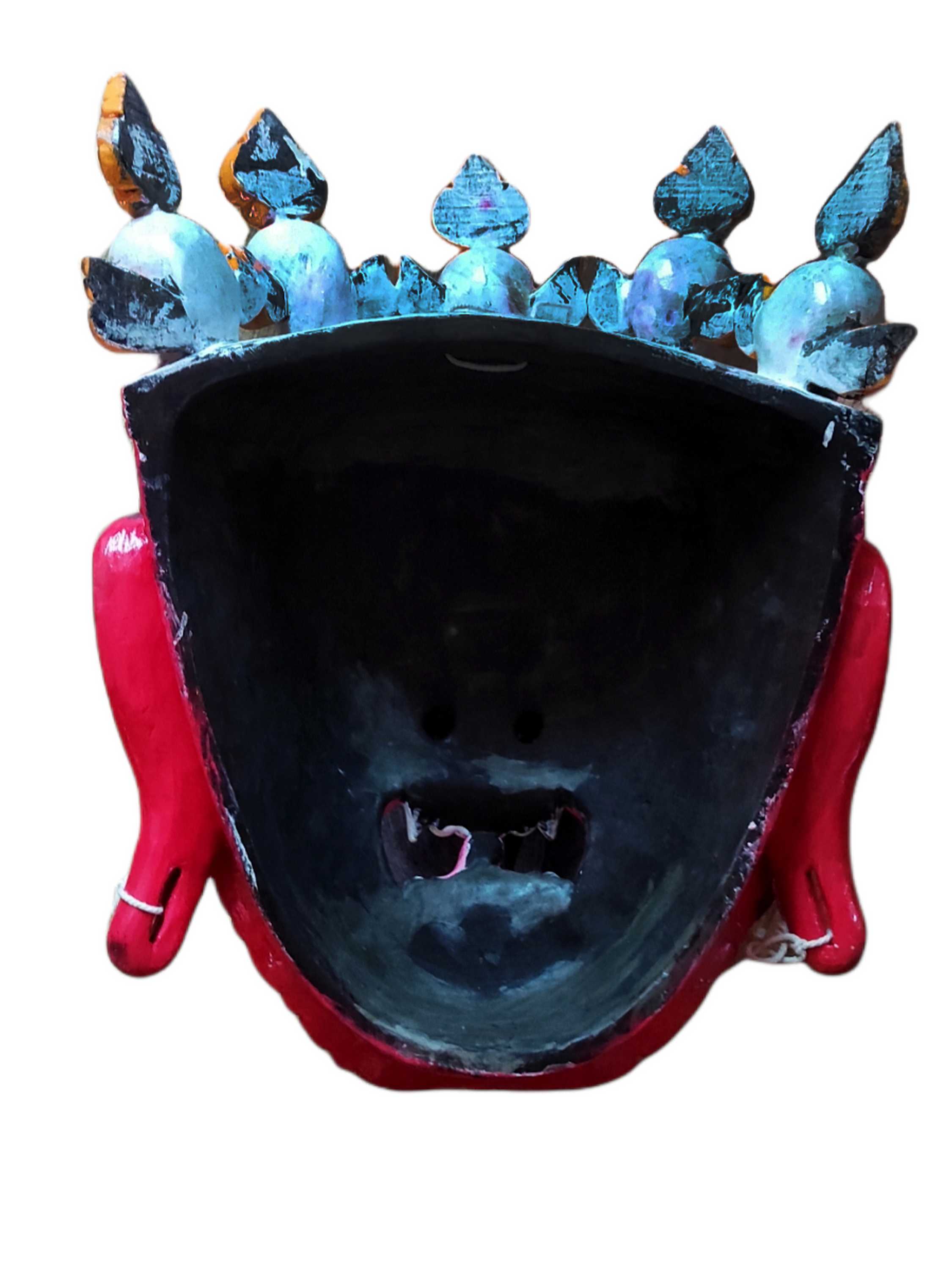
 Ganesh, Handmade Wooden Mask, Wall Hanging,
Ganesh, Handmade Wooden Mask, Wall Hanging, 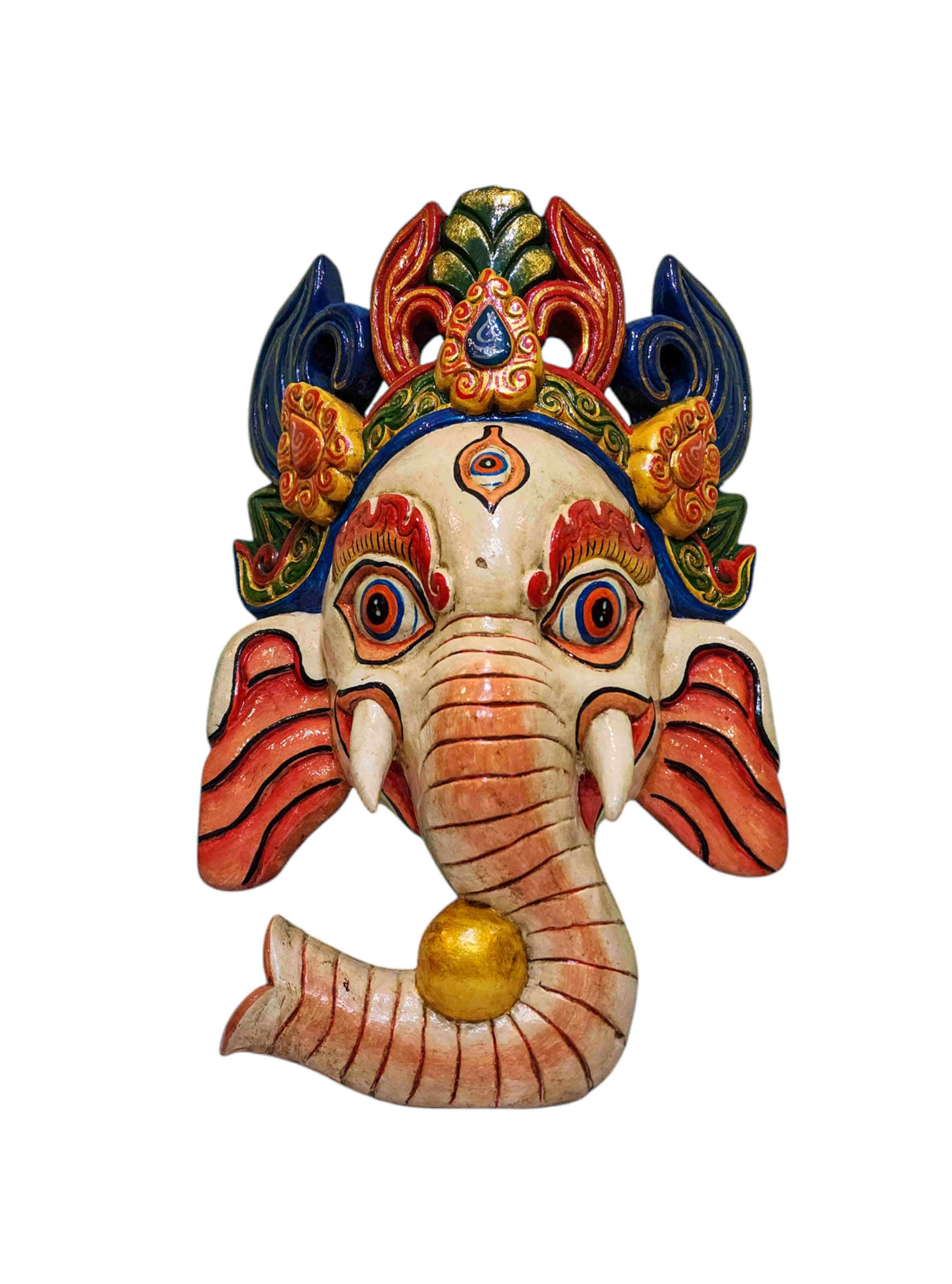 Ganesh, Handmade Wooden Mask, Wall Hanging,
Ganesh, Handmade Wooden Mask, Wall Hanging,  Sun, Handmade Wooden Mask, Wall Hanging, Painted, Poplar Wood, High Quality" title="
Sun, Handmade Wooden Mask, Wall Hanging, Painted, Poplar Wood, High Quality" title=" Sun, Handmade Wooden Mask, Wall Hanging, Painted, Poplar Wood, High Quality" title="
Sun, Handmade Wooden Mask, Wall Hanging, Painted, Poplar Wood, High Quality" title="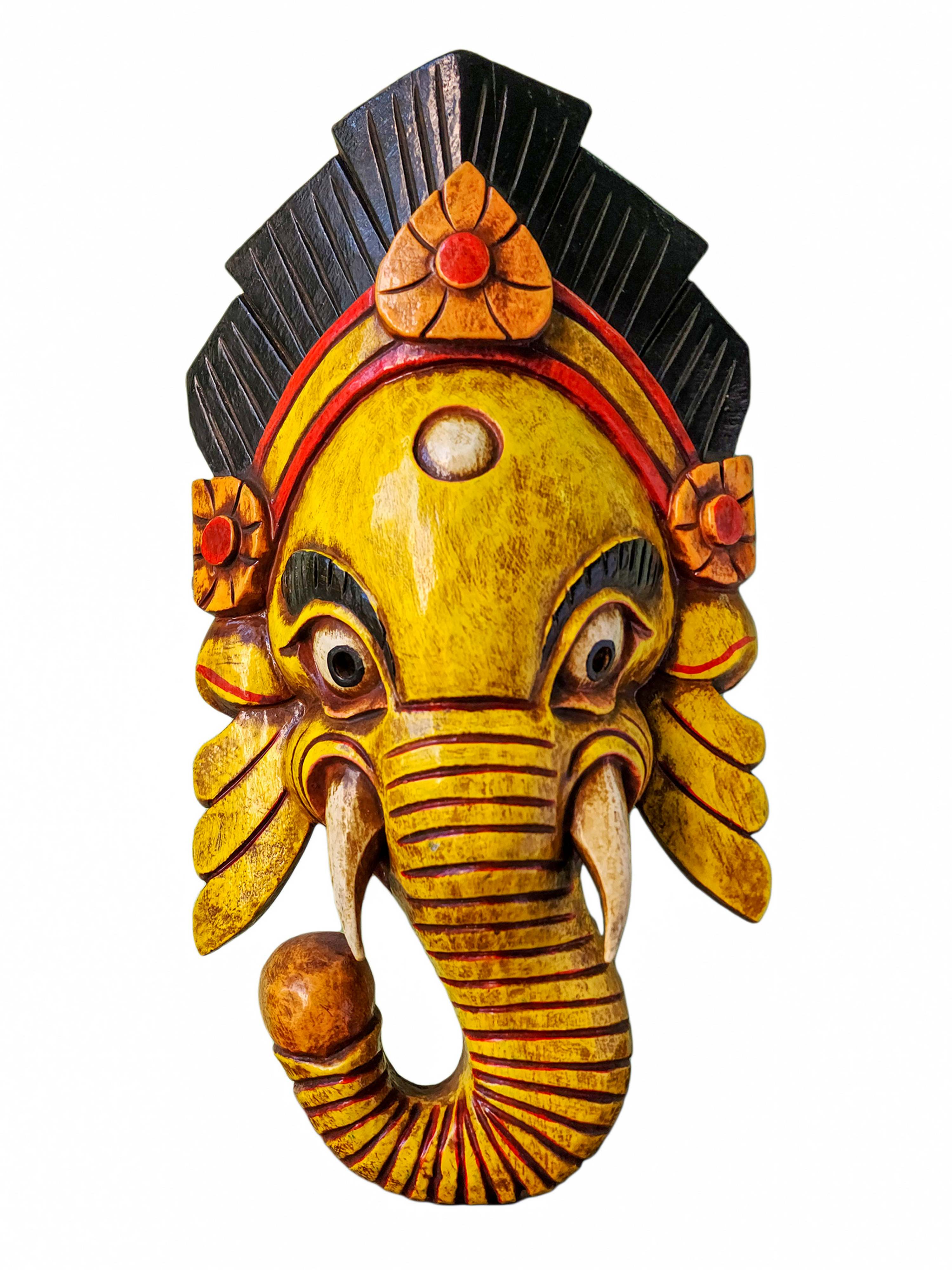 Ganesh Mask, Handmade Wooden Mask, Wall Hanging,
Ganesh Mask, Handmade Wooden Mask, Wall Hanging, 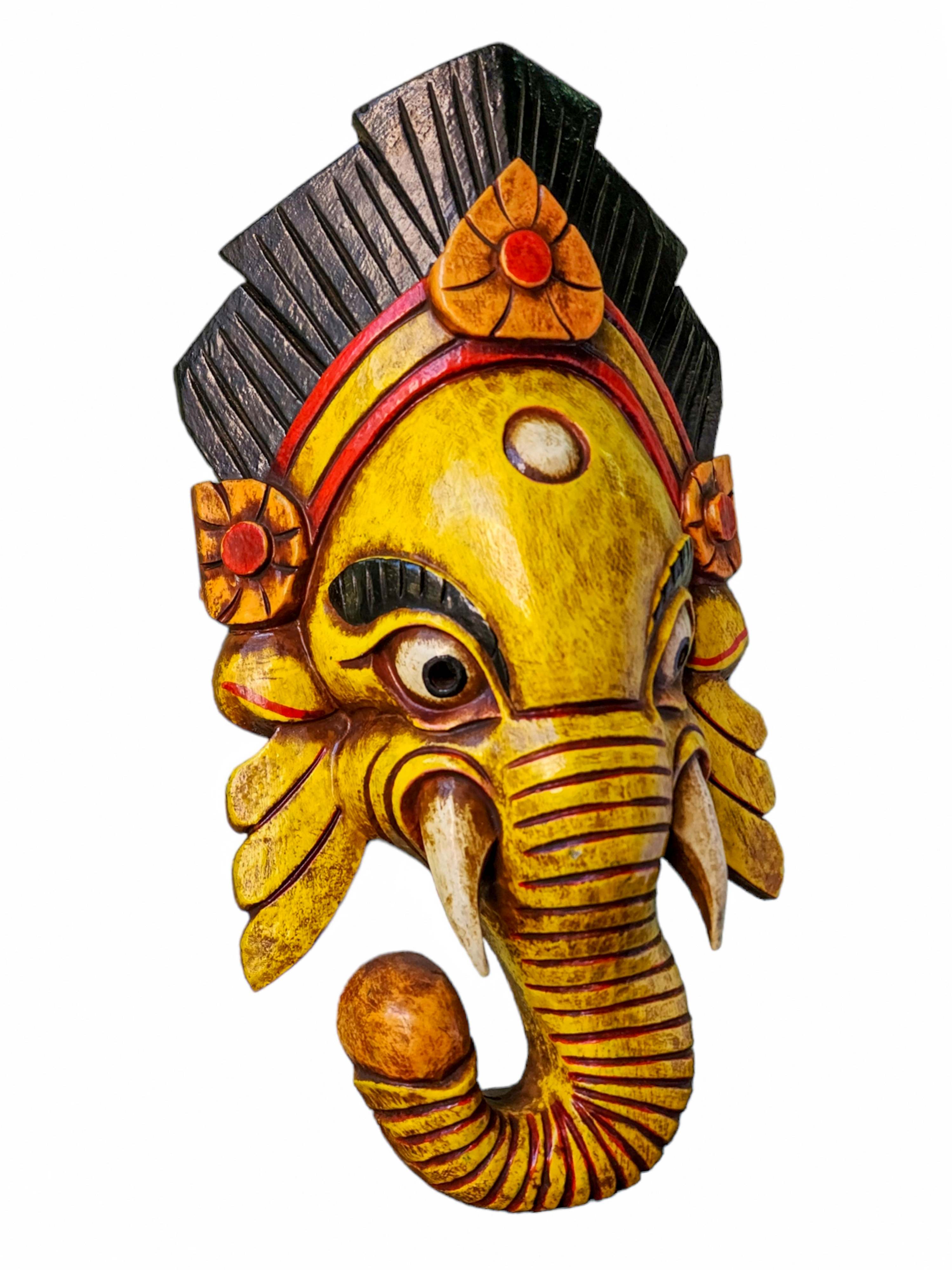 Ganesh Mask, Handmade Wooden Mask, Wall Hanging,
Ganesh Mask, Handmade Wooden Mask, Wall Hanging, 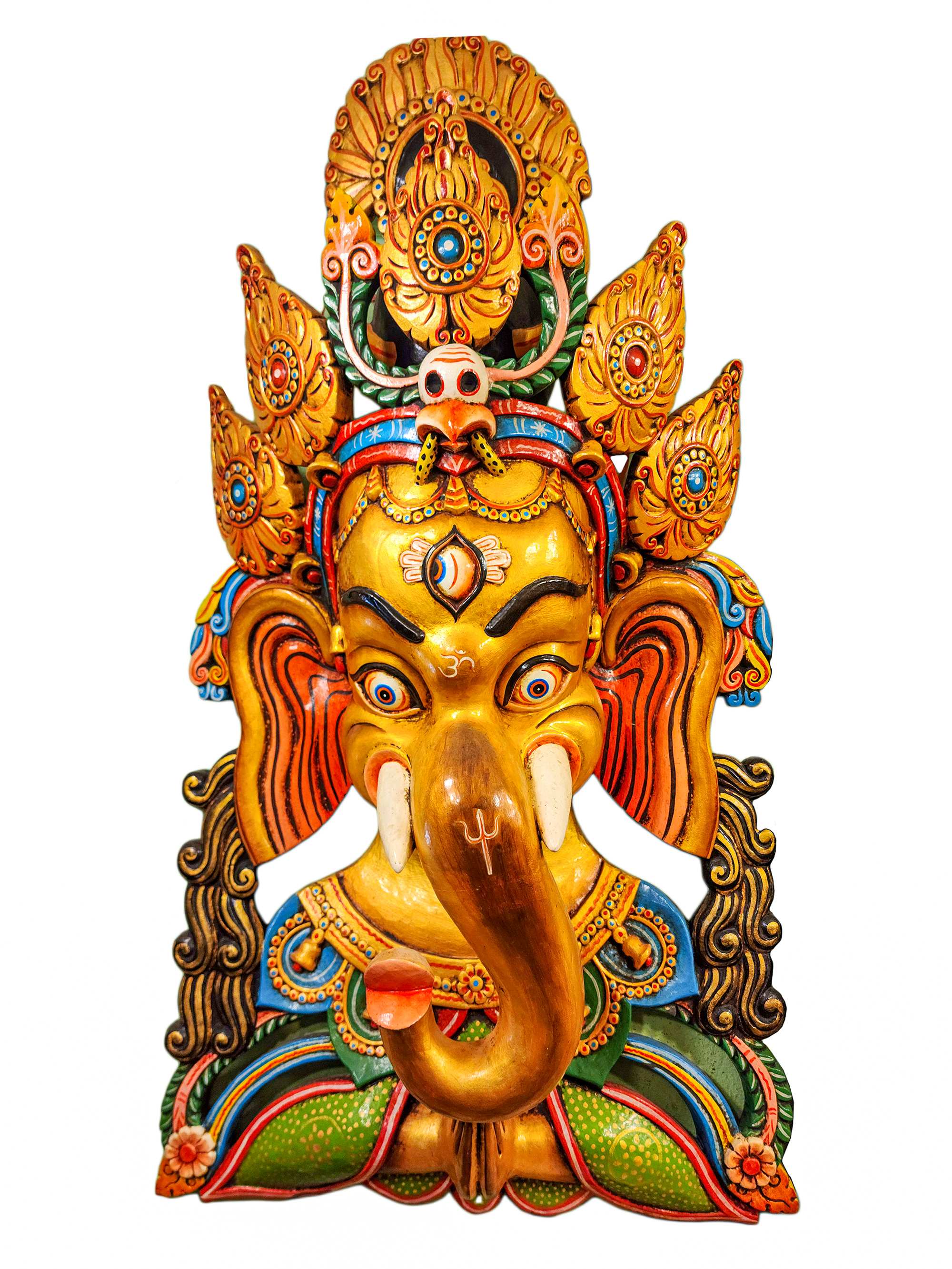 Ganesh, Handmade Wooden Mask, Wall Hanging,
Ganesh, Handmade Wooden Mask, Wall Hanging, 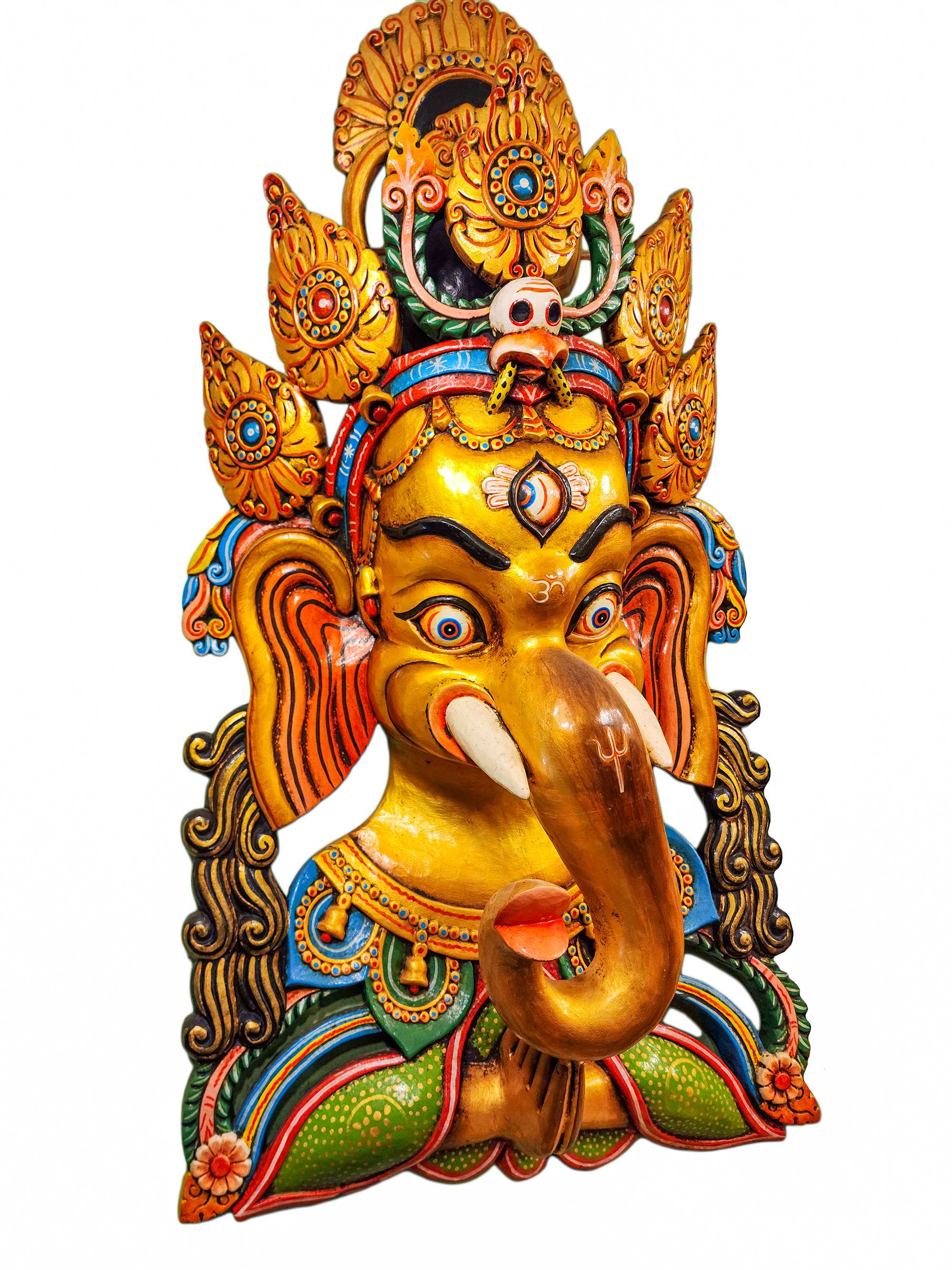 Ganesh, Handmade Wooden Mask, Wall Hanging,
Ganesh, Handmade Wooden Mask, Wall Hanging, 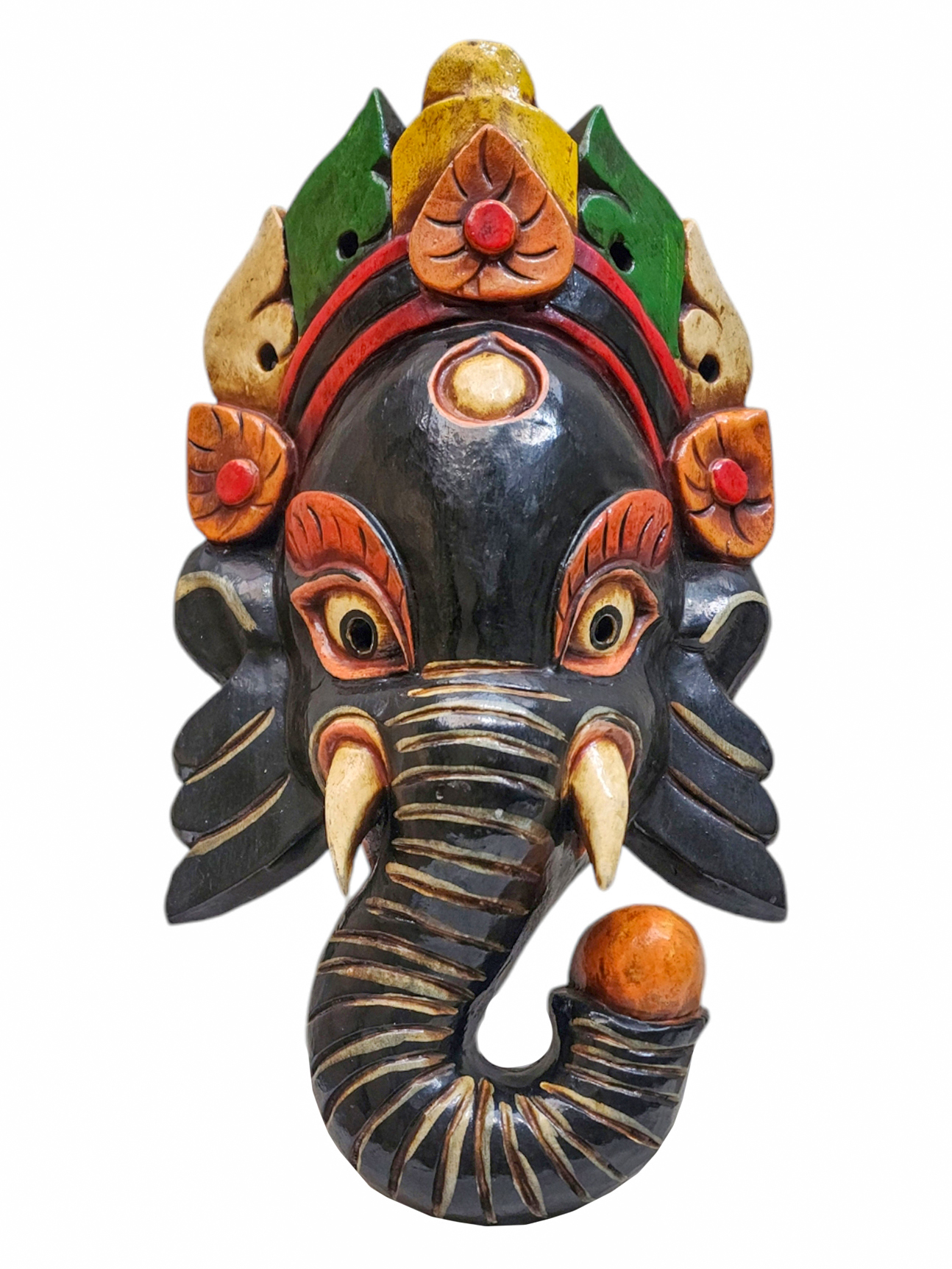 Ganesh, Handmade Wooden Mask, Wall Hanging, Painted, Poplar Wood" title="
Ganesh, Handmade Wooden Mask, Wall Hanging, Painted, Poplar Wood" title="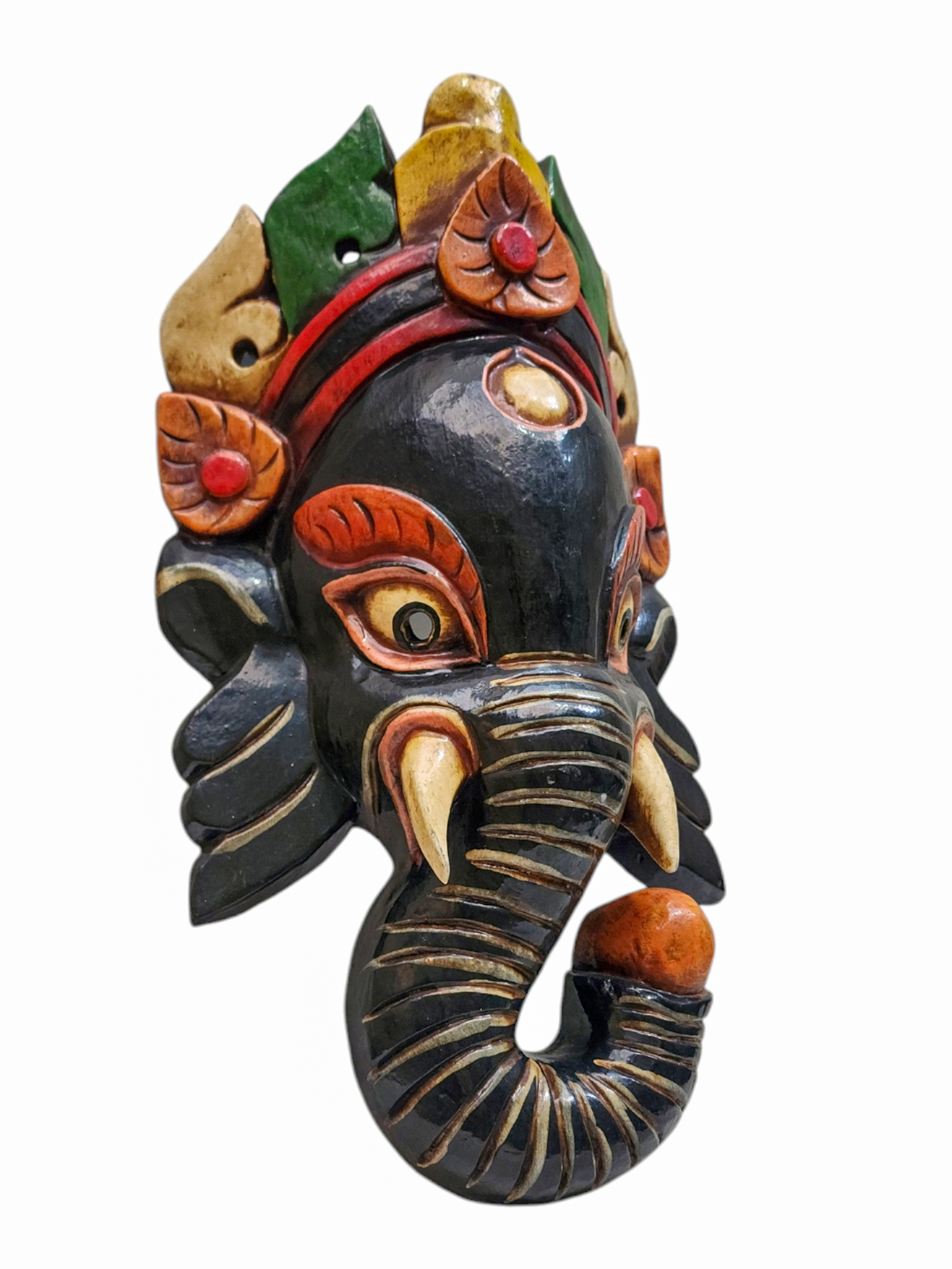 Ganesh, Handmade Wooden Mask, Wall Hanging, Painted, Poplar Wood" title="
Ganesh, Handmade Wooden Mask, Wall Hanging, Painted, Poplar Wood" title=" Long Face, Handmade Wooden Mask,
Long Face, Handmade Wooden Mask, 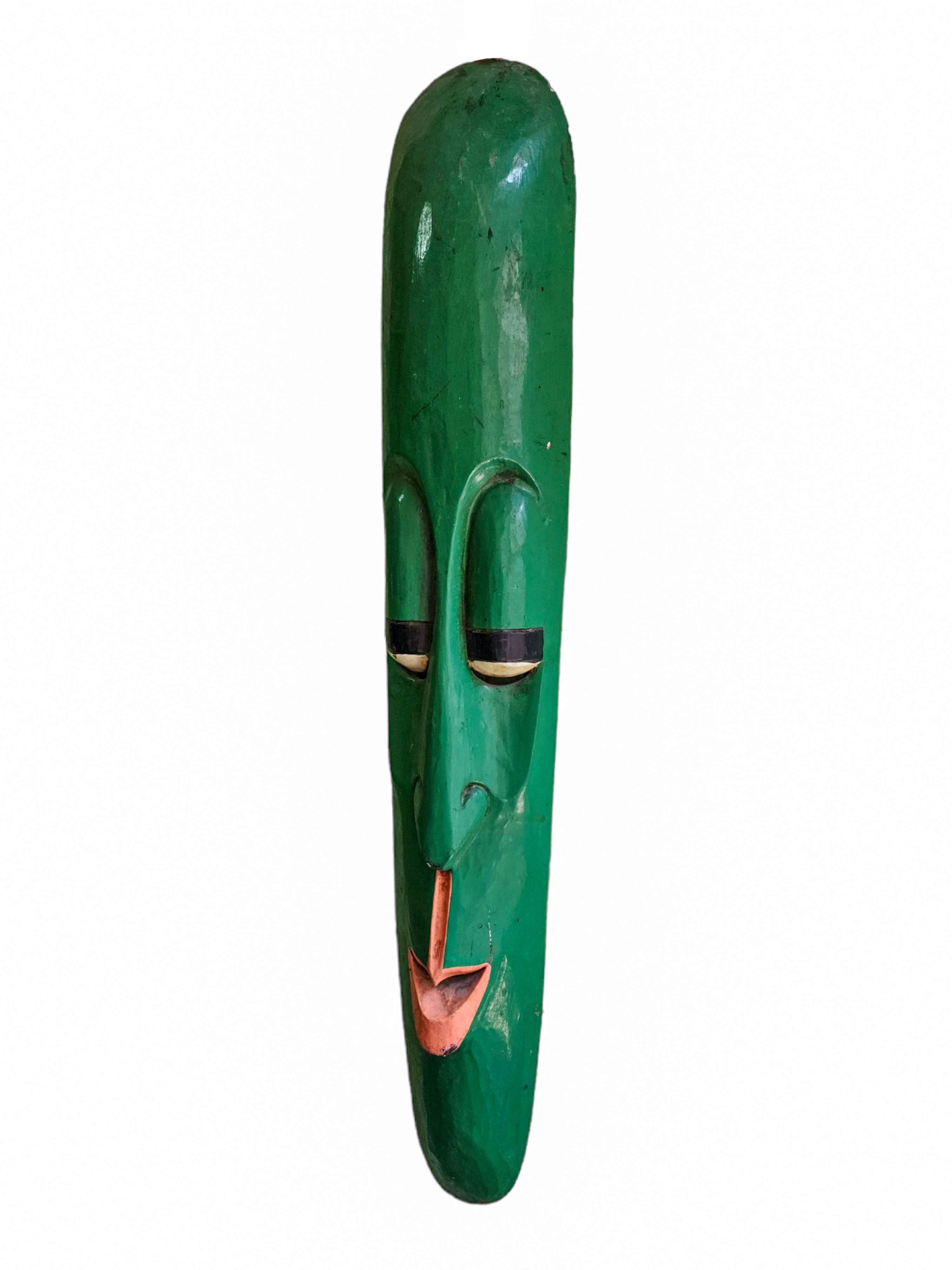 Long Face, Handmade Wooden Mask,
Long Face, Handmade Wooden Mask, 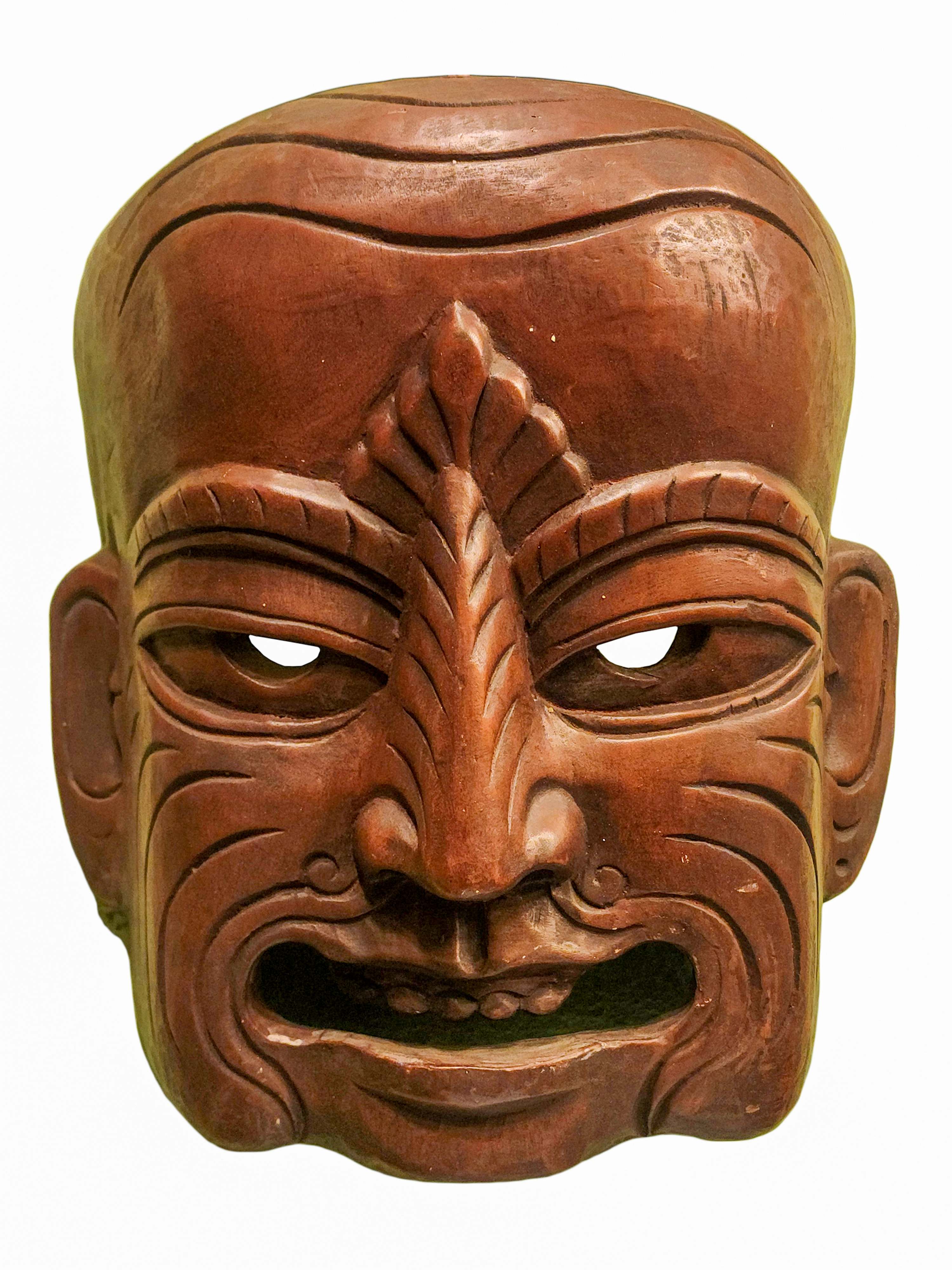 Tribal Mask, Handmade Wooden Mask, Wall Hanging,
Tribal Mask, Handmade Wooden Mask, Wall Hanging, 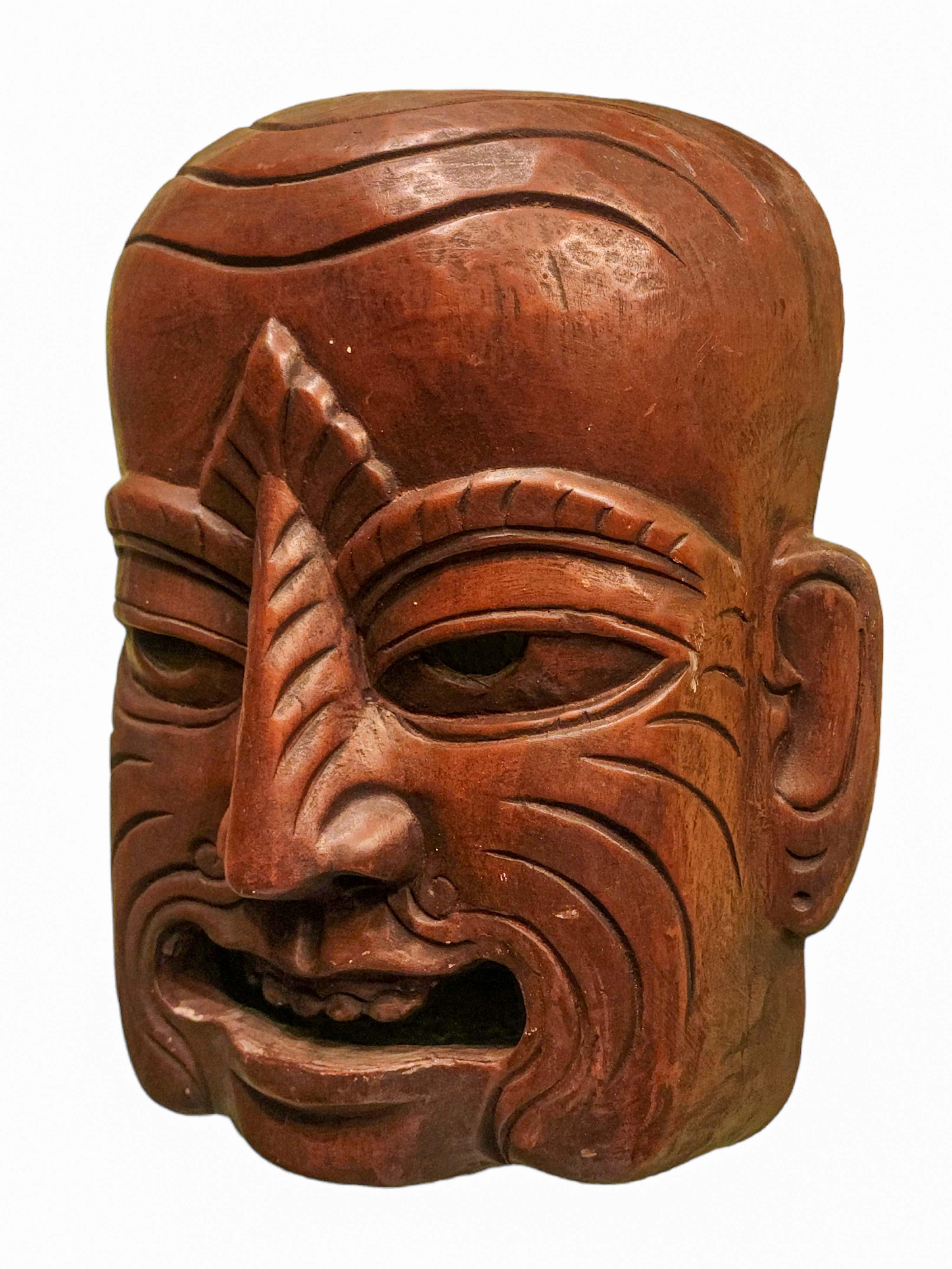 Tribal Mask, Handmade Wooden Mask, Wall Hanging,
Tribal Mask, Handmade Wooden Mask, Wall Hanging, 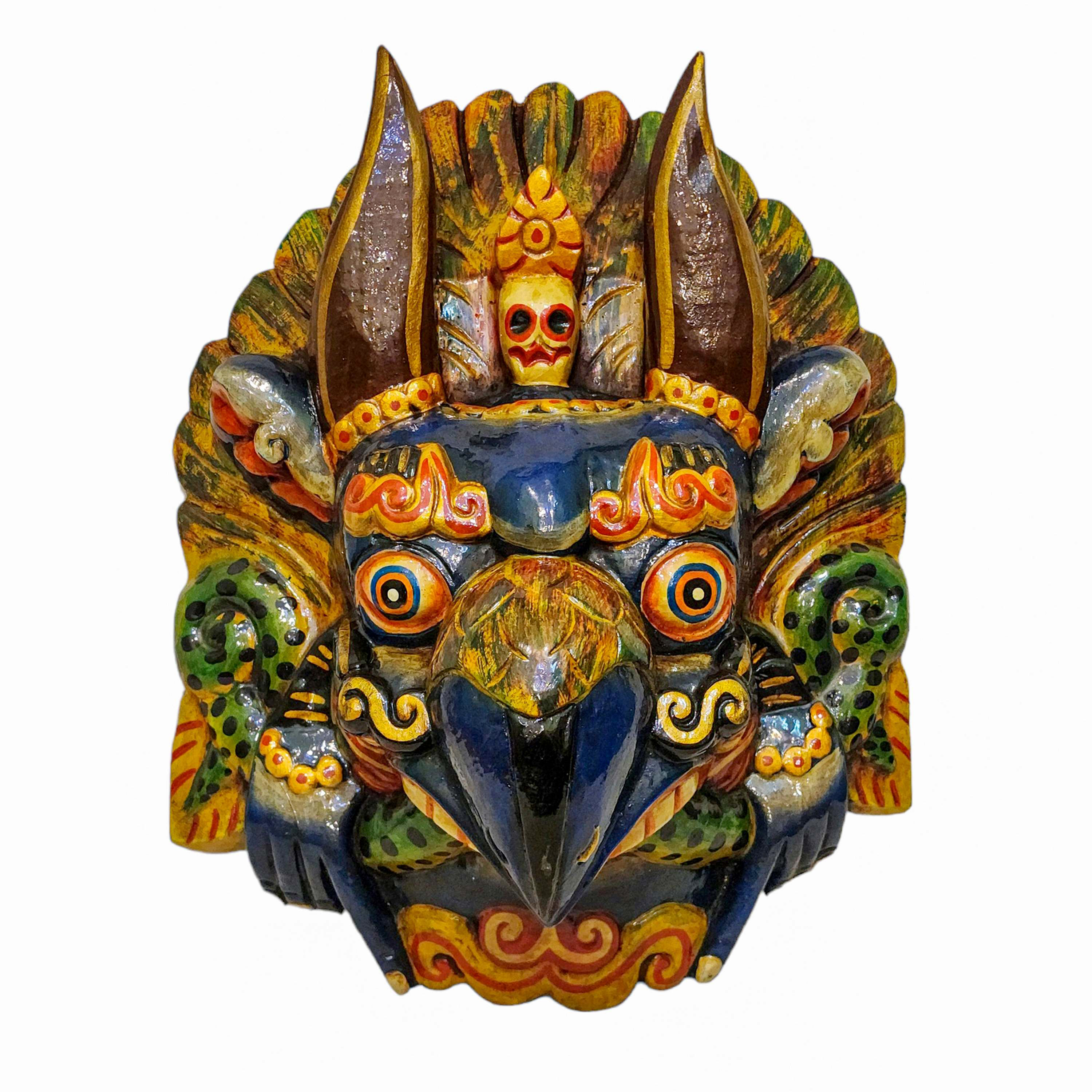 Garuda, Handmade Wooden Mask, Wall Hanging,
Garuda, Handmade Wooden Mask, Wall Hanging, 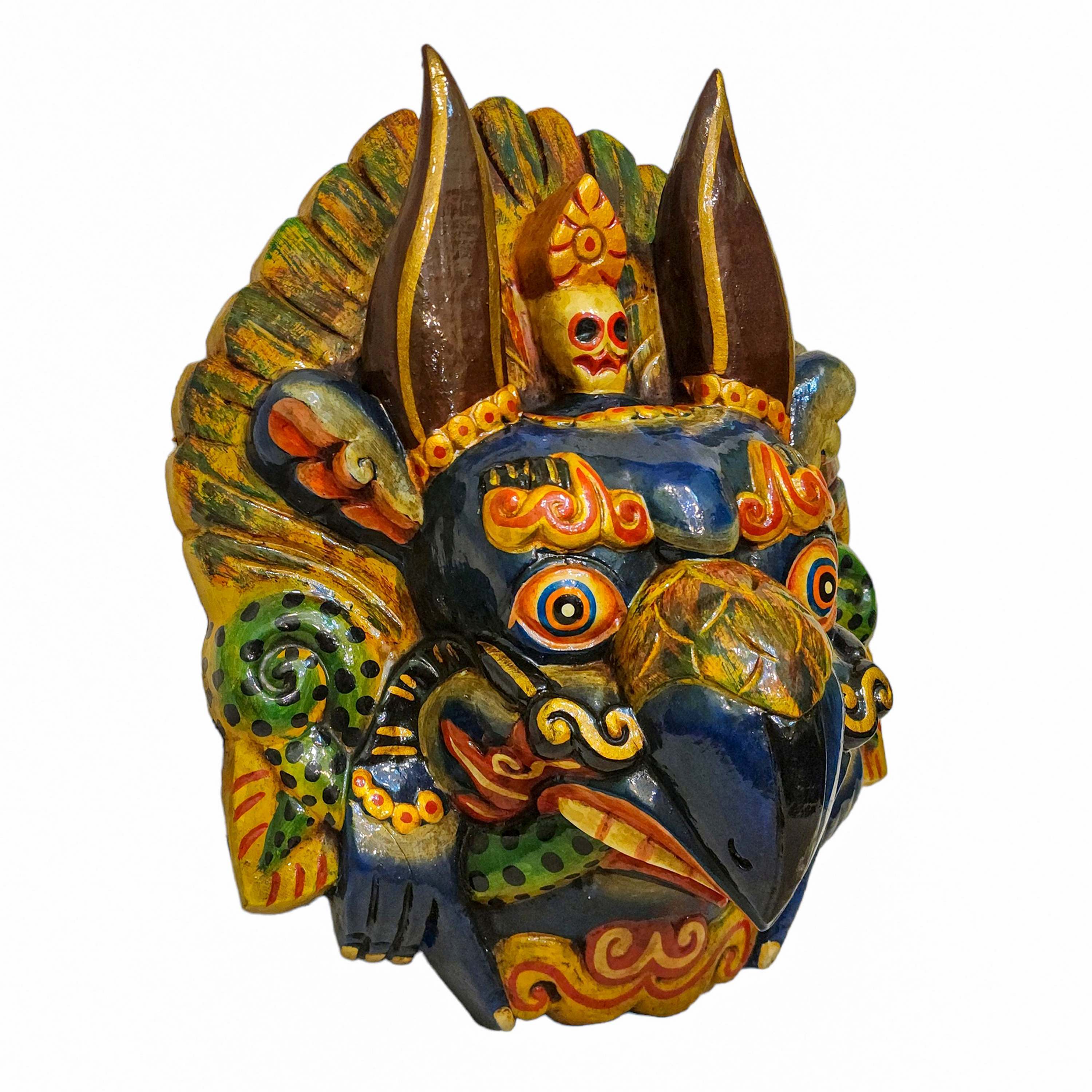 Garuda, Handmade Wooden Mask, Wall Hanging,
Garuda, Handmade Wooden Mask, Wall Hanging, 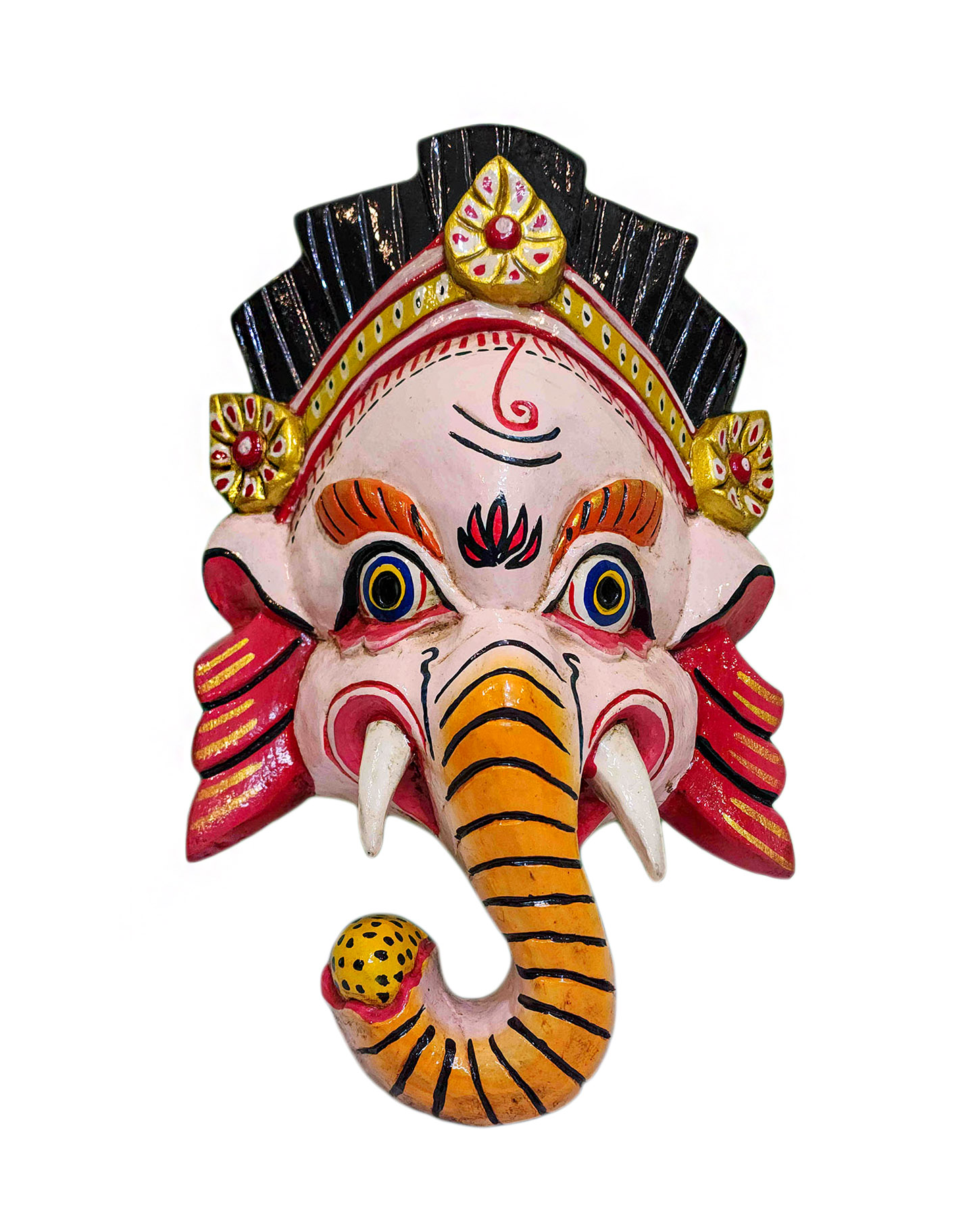 Ganesh, Handmade Wooden Mask, Wall Hanging,
Ganesh, Handmade Wooden Mask, Wall Hanging, 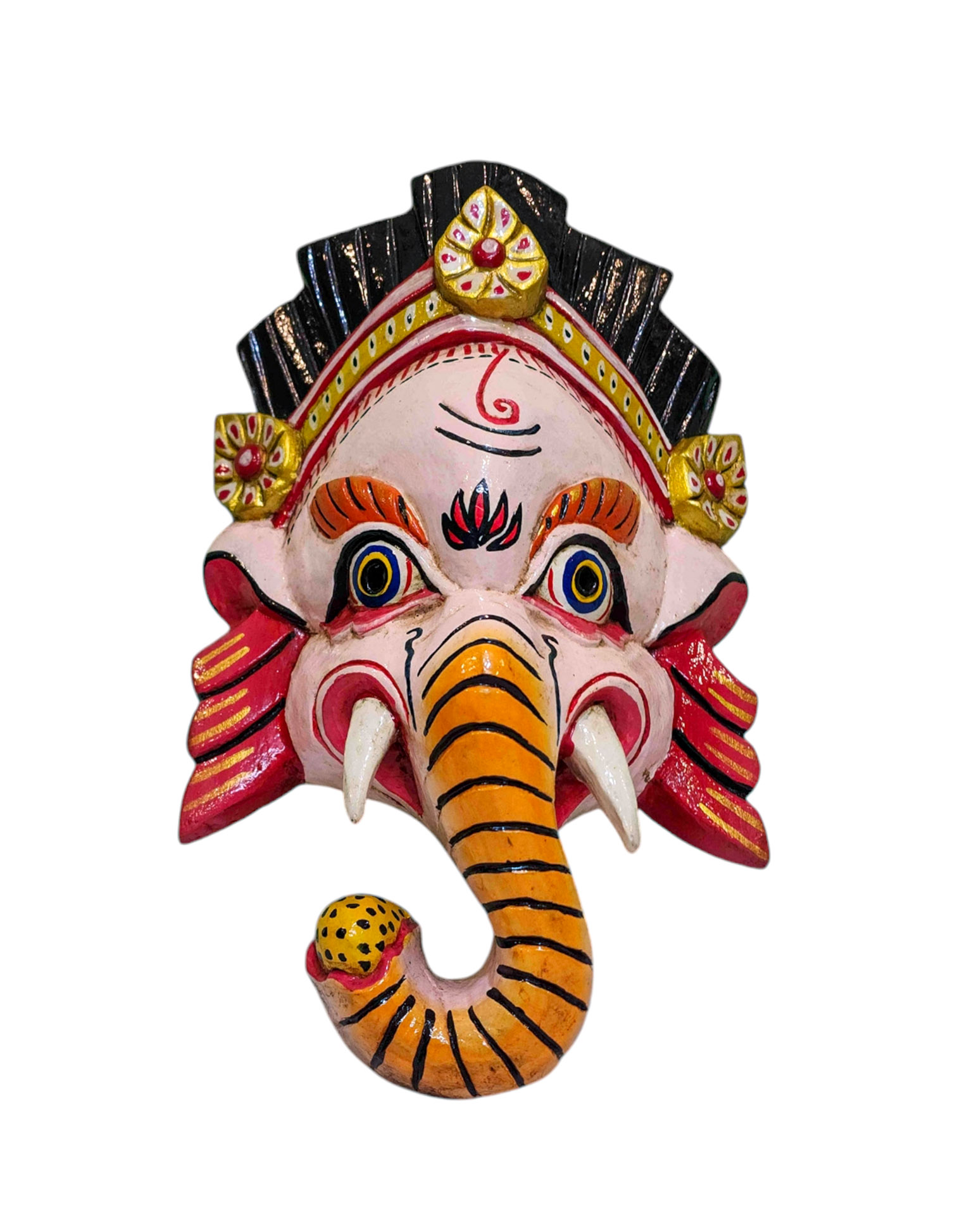 Ganesh, Handmade Wooden Mask, Wall Hanging,
Ganesh, Handmade Wooden Mask, Wall Hanging, 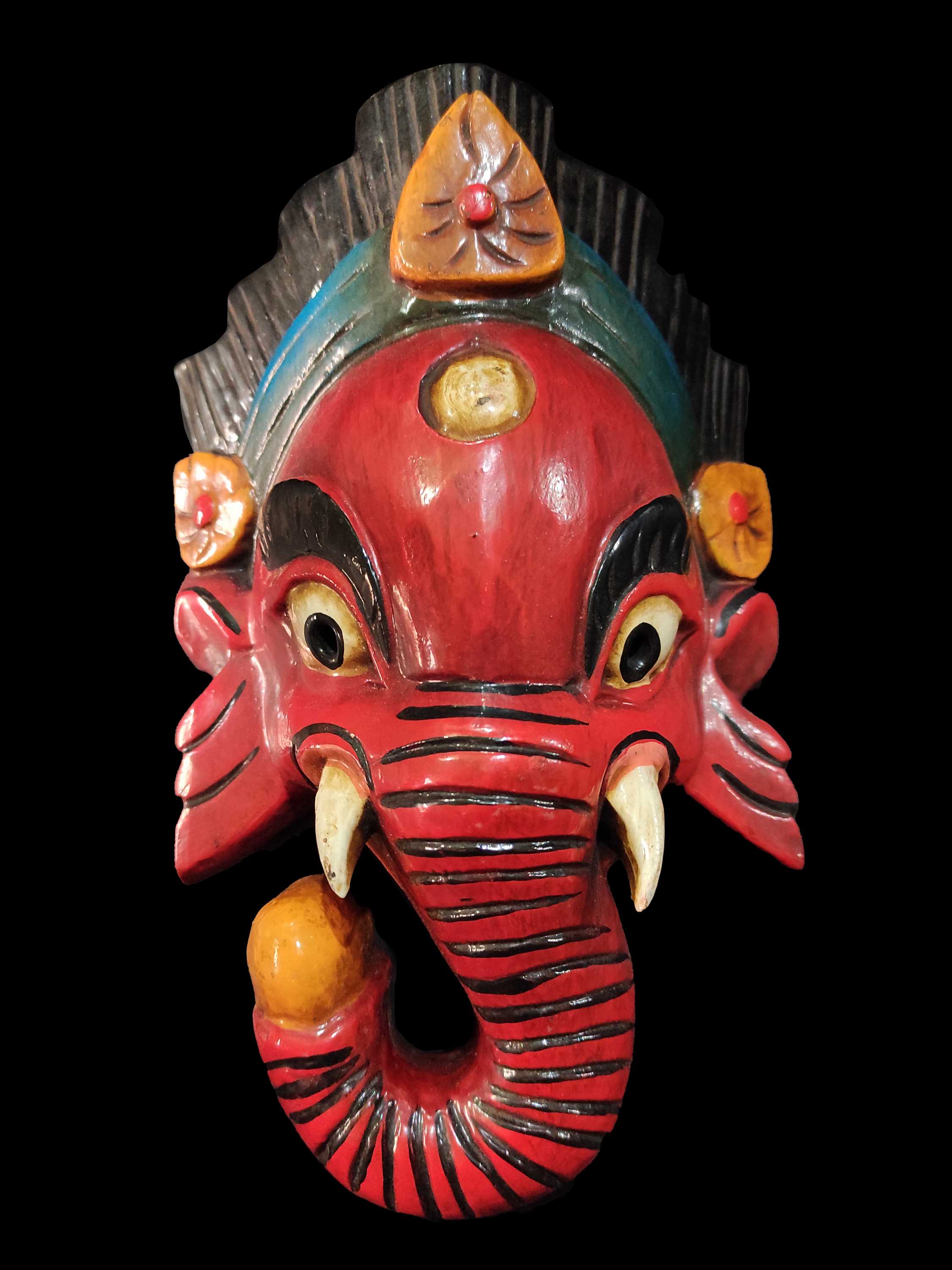 of Ganesh,
of Ganesh, 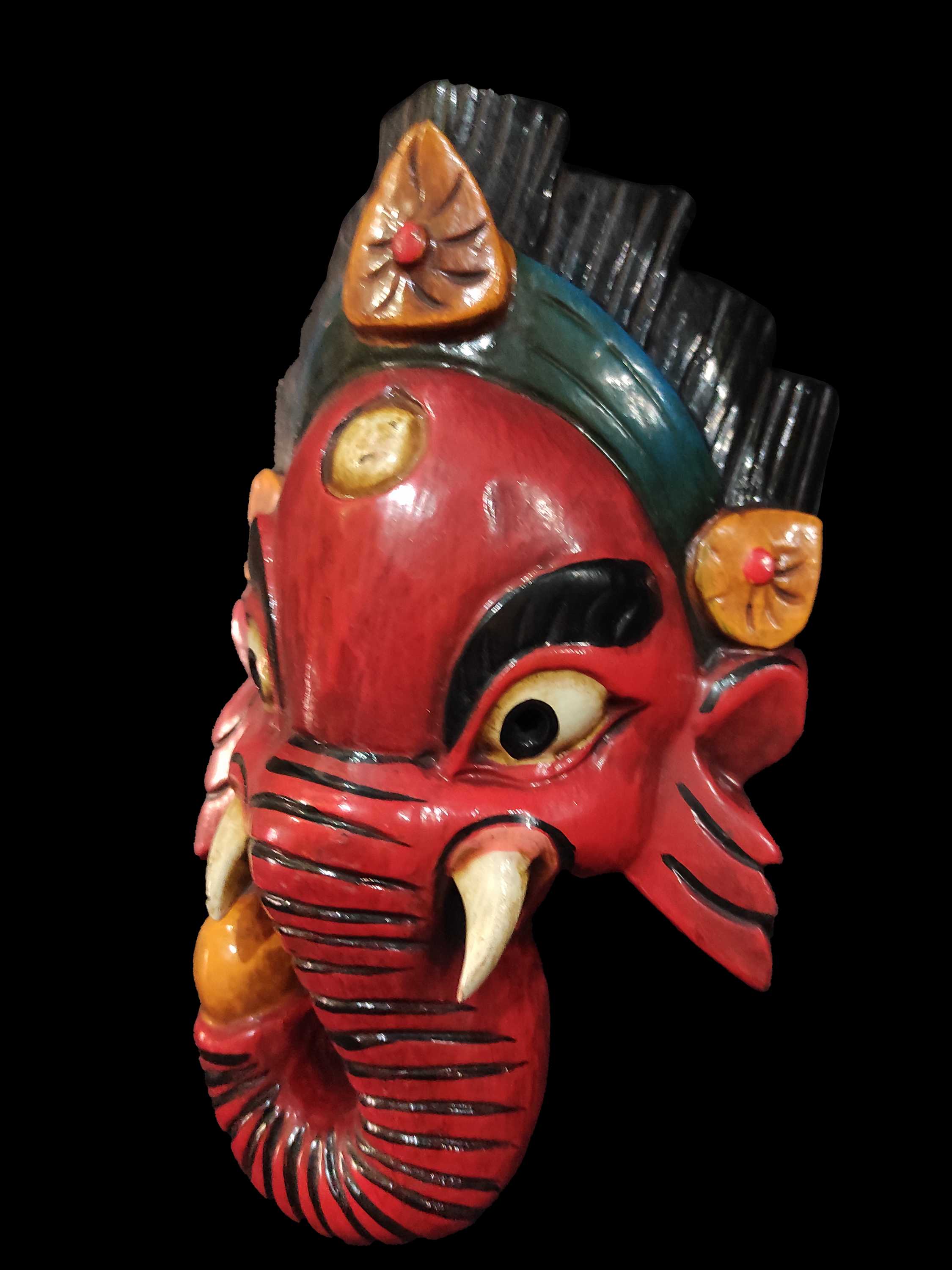 of Ganesh,
of Ganesh,